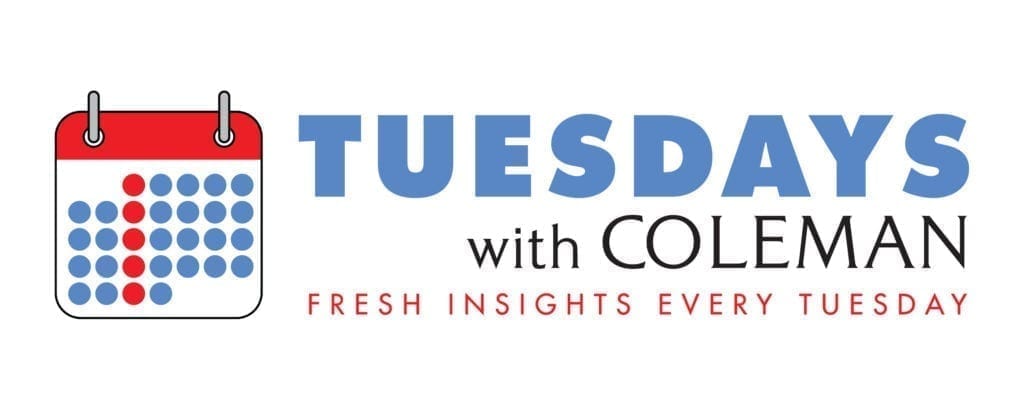
Netflix just dropped the new season of Jerry Seinfeld’s Comedians in Cars Getting Coffee on July 19th. Each episode of the show features Seinfeld selecting a vintage car, then driving a fellow comic in that car to get coffee for a very casual interview/conversation. Episode One of the new season features Eddie Murphy, and that caught my attention.
Much of the episode centers on the two comedians talking about the old days, when they honed their stand-up craft in the New York area around the same time. There’s mutual admiration, Eddie slings a fair share of jokes, reveals he is planning a return to stand-up and shares some very insightful behind-the-curtain stories about Bill Cosby and Richard Pryor.
At one point of the episode in the coffee shop, Jerry and Eddie talk about the differences between the entertainment landscape back in the day and the present day. Eddie says, “You’ve got to put time in to creating something that’s worthwhile. Now you’ve got so many options, it seems hard to focus on something. So many options.”
To which Jerry replied, with emphasis:
“A lack of focus is why we have a lack of greatness.”
This astute observation got me thinking about focus in today’s environment and where the lack of focus is coming from. In other words, is it lack of focus on the part of the creator or the consumer?
It’s both.
From a consumer angle, the lack of focus is obvious. We are bombarded with more choice than ever before. More TV shows. More apps. More diets. More games. More news. More streaming. More podcasts. More social networks. More phones. More smart devices.
More, more, more!!
And you’re still expecting listeners to pay close attention to your radio station?
This is the foundation of Outside Thinking, a Coleman Insights philosophy that’s not new, but increases in societal relevance by the day. It instructs that listenership behavior is driven by numerous factors, many of them out of your control. When we adopt the mindset of our listeners, rather than the mindset of a programmer in a board room, we can more effectively reach and communicate with them.
But what about the creator angle? We know our consumers are losing focus. Are we?
Eddie gives an example of a comic he knows that has a specific niche. He’s known for a certain kind of comedy. Eddie explains, “Every Wednesday, this comic kills it. Then a different crowd comes in on Thursday and you can’t even get a laugh.” He follows this up with a remedy: “Just work the niche. You don’t think, ‘I wanna be able to kill on Thursday.’ You say I’m gonna kill every Wednesday.”
The point is, you can’t be everything to everyone. And you need to stop trying now.
We could recommend many books on this topic, but a perennial favorite at The House of Coleman is “Focus” by marketing genius Al Ries. A chapter that really illustrates Eddie’s point is Chapter 9: “Narrowing Your Scope.”
According to Ries, “More money has been wasted reaching out to a company’s ‘noncustomers’ than any other single endeavor.”
Radio brands are well-versed in the art of focusing on loyal customers. We’re taught to grow our ratings by growing the percentage of P1s (first preference listeners), as they provide the bulk of the listening.
Maybe the question to ask of our brands in the context of focus is, “Why does a P1 listener choose our radio station first?” Understandably, this answer varies. The reason a listener chooses a “Jack” station for an unpredictable variety of music is different than why, for example, a listener may choose a radio station with dominant personality images.
P1s choose your radio station because they love it for its niche. As Ries says, “All business is a niche business. The question is, what kind of a niche do you want to own?”
This mentality requires a shift in what being “best” means.
Should you want your radio station to be the best sounding? Of course. But the winning strategy is to have the best position. Build clearly defined, differentiated images, track them in perceptual research and dominate them.
Says Ries, “The power in business doesn’t derive from your products. It derives from your position in the mind. Focus is the art of carefully selecting your category and then working diligently to get yourself categorized. It’s not a trap to avoid; it’s a goal to achieve”.
The less focused consumers are, the more focused creators must be.
Like Ries says, “The future of your company depends on it.”
